The sustainable collection made using clothing from Ghanian markets
Collina Strada and Browns' exclusive capsule collection is created using t-shirts from Ghanian markets destined for landfill, created in association with The OR Foundation
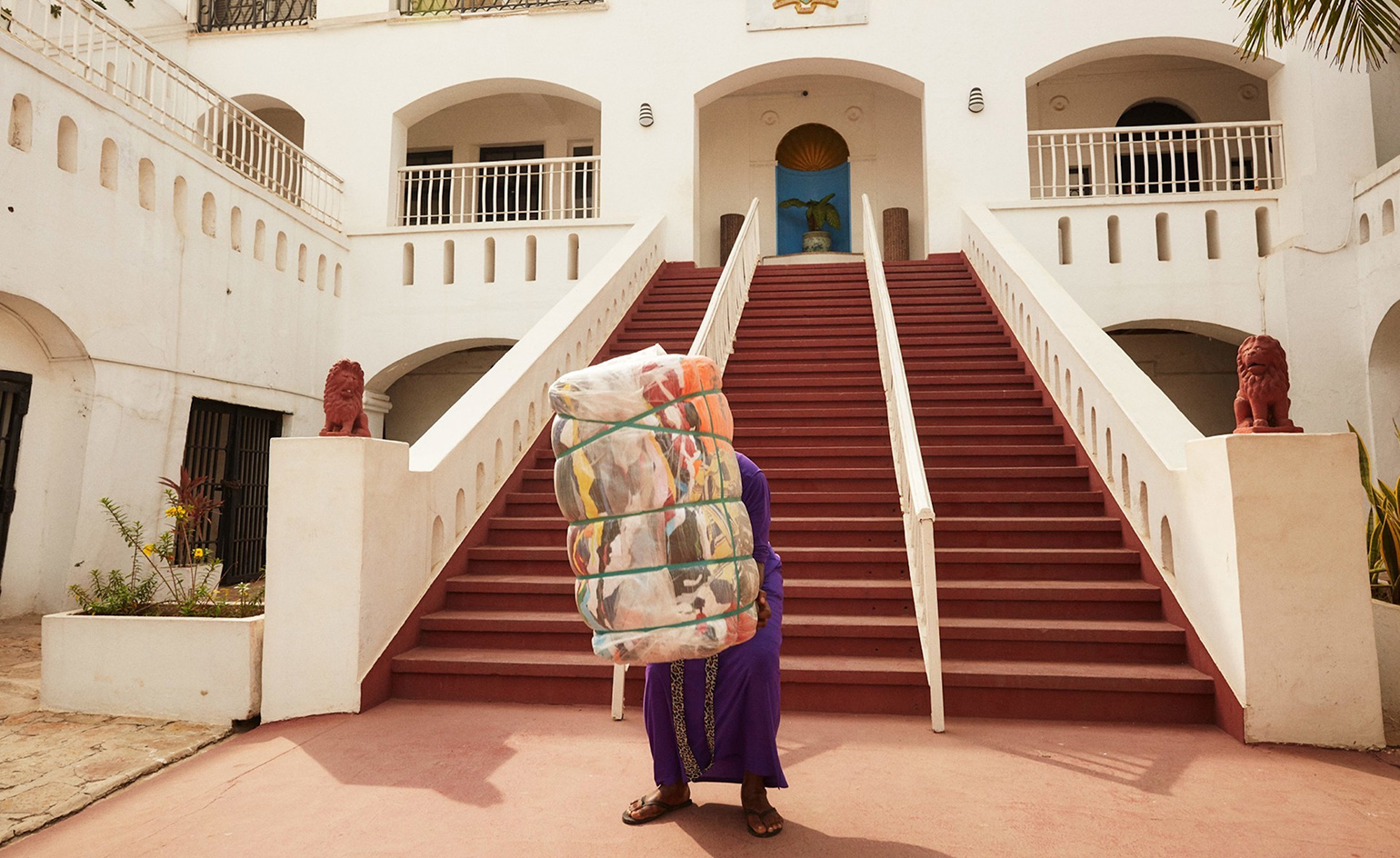
When it comes to pushing the boundaries of sustainable fashion, few brands have been as committed to the cause as Collina Strada – one of the three ascendant labels in New York, which we have profiled in our September ‘Style Special' issue, which hits global newsstands this week. Originally founded by designer Hillary Taymour as a line of handbags and accessories back in 2009, today’s Collina Strada has become an experimental platform for highlighting social issues and creating awareness in exciting wearable form.
This week, Collina Strada unveils an exclusive capsule collection, developed for Browns in London, which builds upon the ideas Taymour explored in her Autumn/Winter 2020 collection. Made by repurposing discarded secondhand clothing purchased at Ghana’s Kantamanto market in Accra that originated from the United States, both collections are a critique of the waste and pollution that comes with the used goods economy.
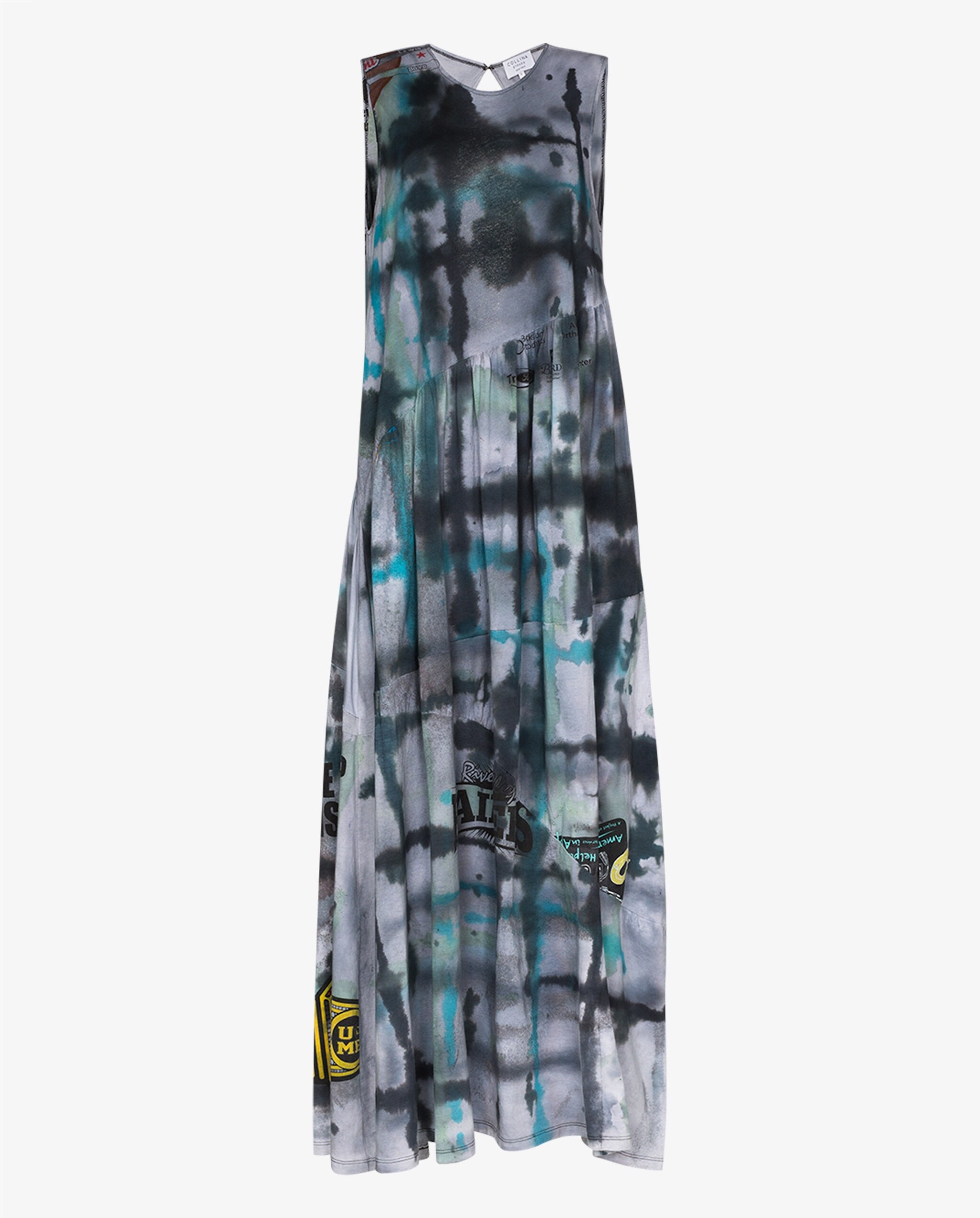
Collina Strada x Browns
Access to the fabrics was made possible through Taymour’s ongoing partnership with The OR Foundation, a US-based non-profit organisation disrupting the dominant consumer relationship with fashion. Dedicated to researching and exposing the ecological impacts of the fashion system, the foundation’s research project ‘Dead White Man’s Clothes’ – a literal translation of the Akan phrase for ‘second hand clothing’ – shines a light on the fact that over 15 million items of clothing from North America passes through Kantamanto every week for recycling, but around 40% leaves the market as waste, ending up in Ghana’s landfills, informal burn piles or even cast out to sea.
‘I wanted to help bring awareness to the OR foundation and design pieces that can be sold online completely out of second hand waste,’ explains Taymour of how the collaboration came to be. ‘Every piece in this collection is made from t-shirts purchased in Ghana, [which] made it to the Katamanto markets that would eventually end up in a landfill. I went through hundreds of tees and individually laid out where each one would go on each garment with the pattern.’
Each pieces in the capsule collection is conceived with an ease of wear. ‘[They’re] easy comfortable pieces that can go from day to night,’ she asserts. ‘These were all hand dyed and painted for the collection using interchangeable tie dyes [that] I have used throughout normal Collina Strada collections. Each garment is sewn locally and garment dyed in Bushwick.’
The garments are individually treated with an organic grid motif, which Taymour calls ‘Pool’. ‘I really am drawn to its fluid feeling as a dye,’ she shares. ‘It still feels like a tie-dye, without it necessarily screaming The Grateful Dead.’
Holly Tenser, Browns’ womenswear buying manager, adds, ‘Hillary is one of the most relevant designers when it comes to conscious fashion. Her complete respect for the environment and the world we live in has been an integral part of her brand and ethos. She works with leftover fabrics to make her clothes and manages to draw prints or mix colours that are so powerful and unique, creating clothes that are instantly identifiable which is such an important attribute.’
To fully close the circle, Collina Strada will be donating a percentage of the wholesale cost – an amount that Browns has pledged to also match - to The OR Foundation.
RELATED STORY
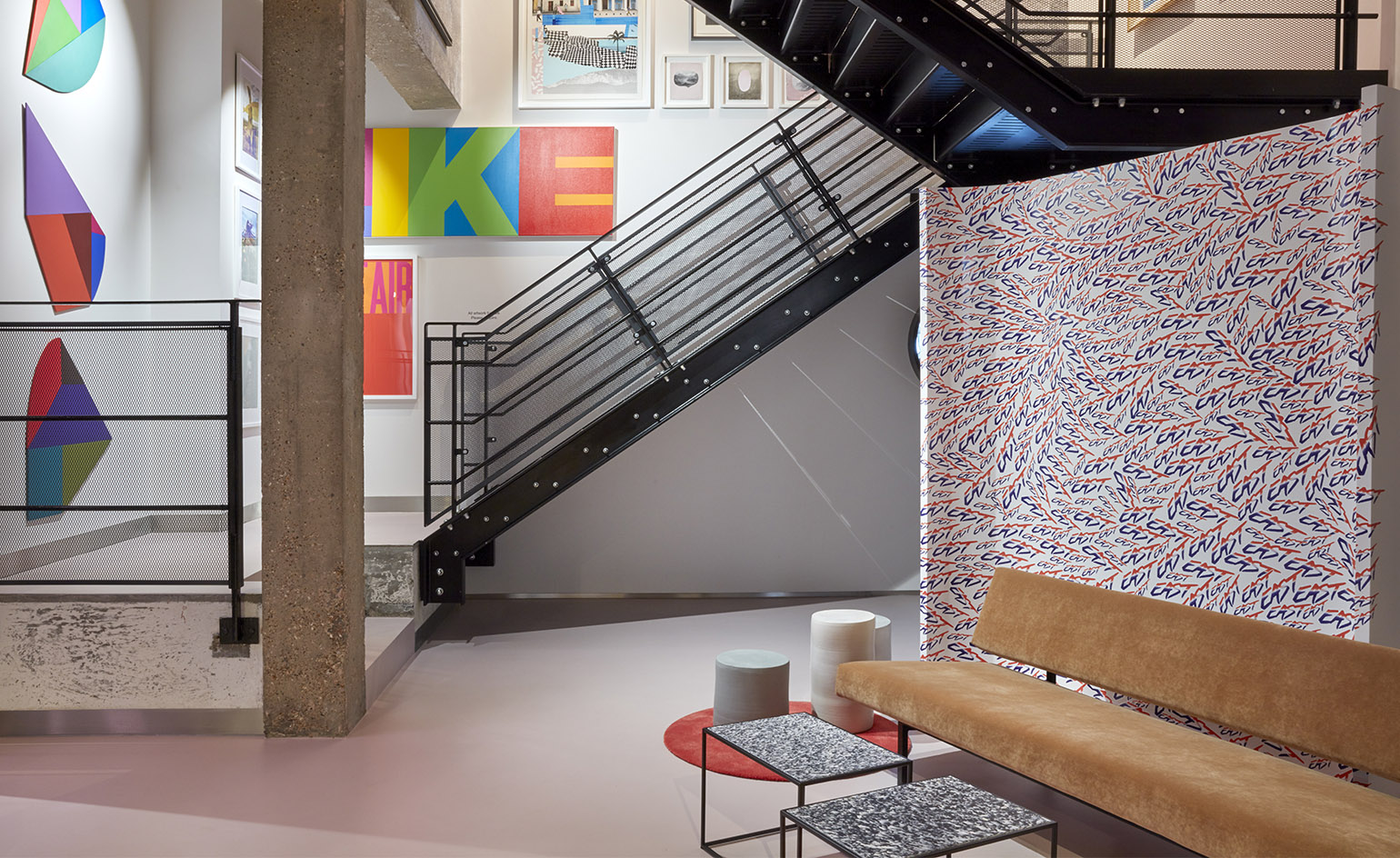
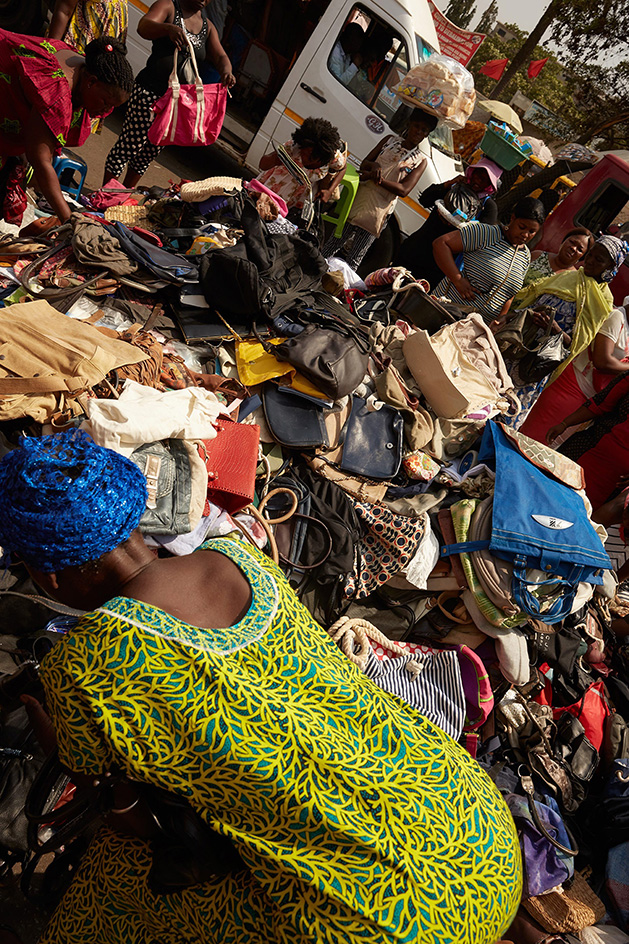
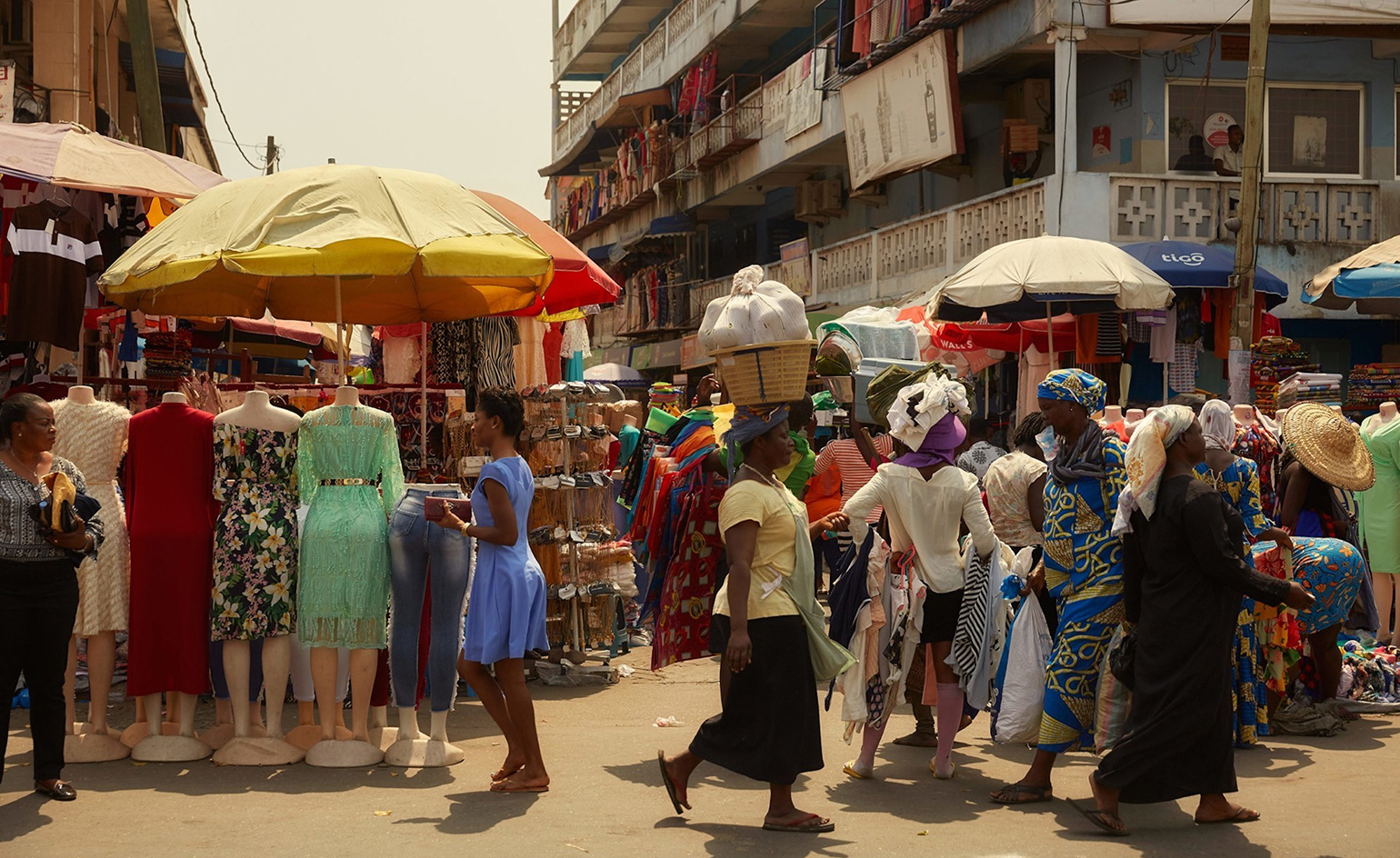
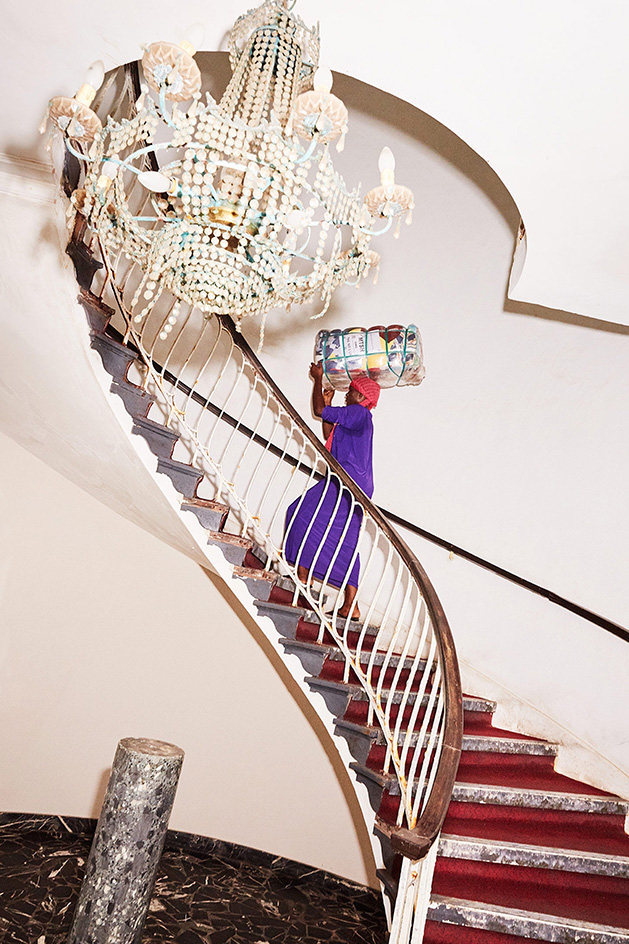
INFORMATION
brownsfashion.com
collinastrada.com
Wallpaper* Newsletter
Receive our daily digest of inspiration, escapism and design stories from around the world direct to your inbox.
Pei-Ru Keh is a former US Editor at Wallpaper*. Born and raised in Singapore, she has been a New Yorker since 2013. Pei-Ru held various titles at Wallpaper* between 2007 and 2023. She reports on design, tech, art, architecture, fashion, beauty and lifestyle happenings in the United States, both in print and digitally. Pei-Ru took a key role in championing diversity and representation within Wallpaper's content pillars, actively seeking out stories that reflect a wide range of perspectives. She lives in Brooklyn with her husband and two children, and is currently learning how to drive.
-
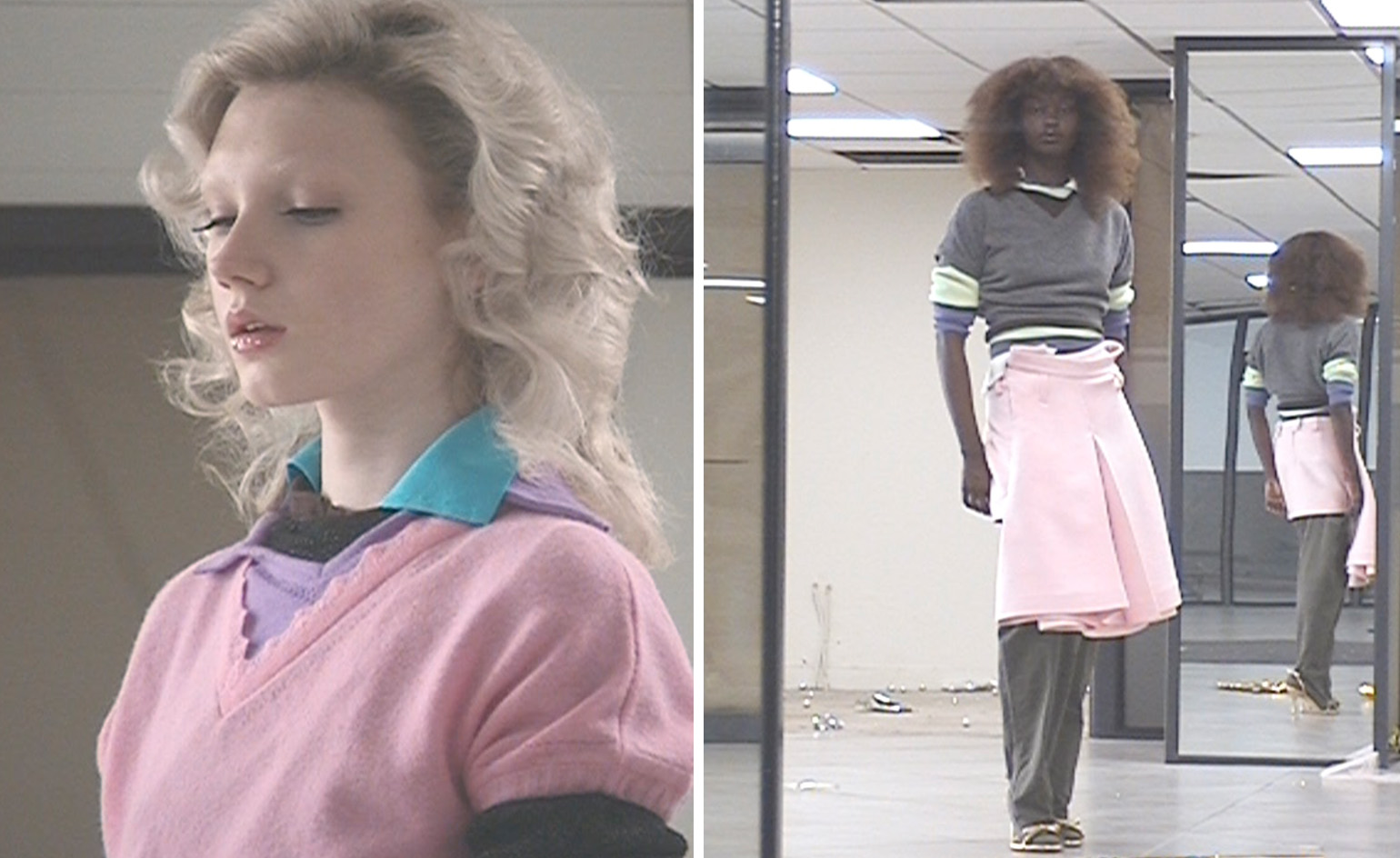 All-In is the Paris-based label making full-force fashion for main character dressing
All-In is the Paris-based label making full-force fashion for main character dressingPart of our monthly Uprising series, Wallpaper* meets Benjamin Barron and Bror August Vestbø of All-In, the LVMH Prize-nominated label which bases its collections on a riotous cast of characters – real and imagined
By Orla Brennan
-
 Maserati joins forces with Giorgetti for a turbo-charged relationship
Maserati joins forces with Giorgetti for a turbo-charged relationshipAnnouncing their marriage during Milan Design Week, the brands unveiled a collection, a car and a long term commitment
By Hugo Macdonald
-
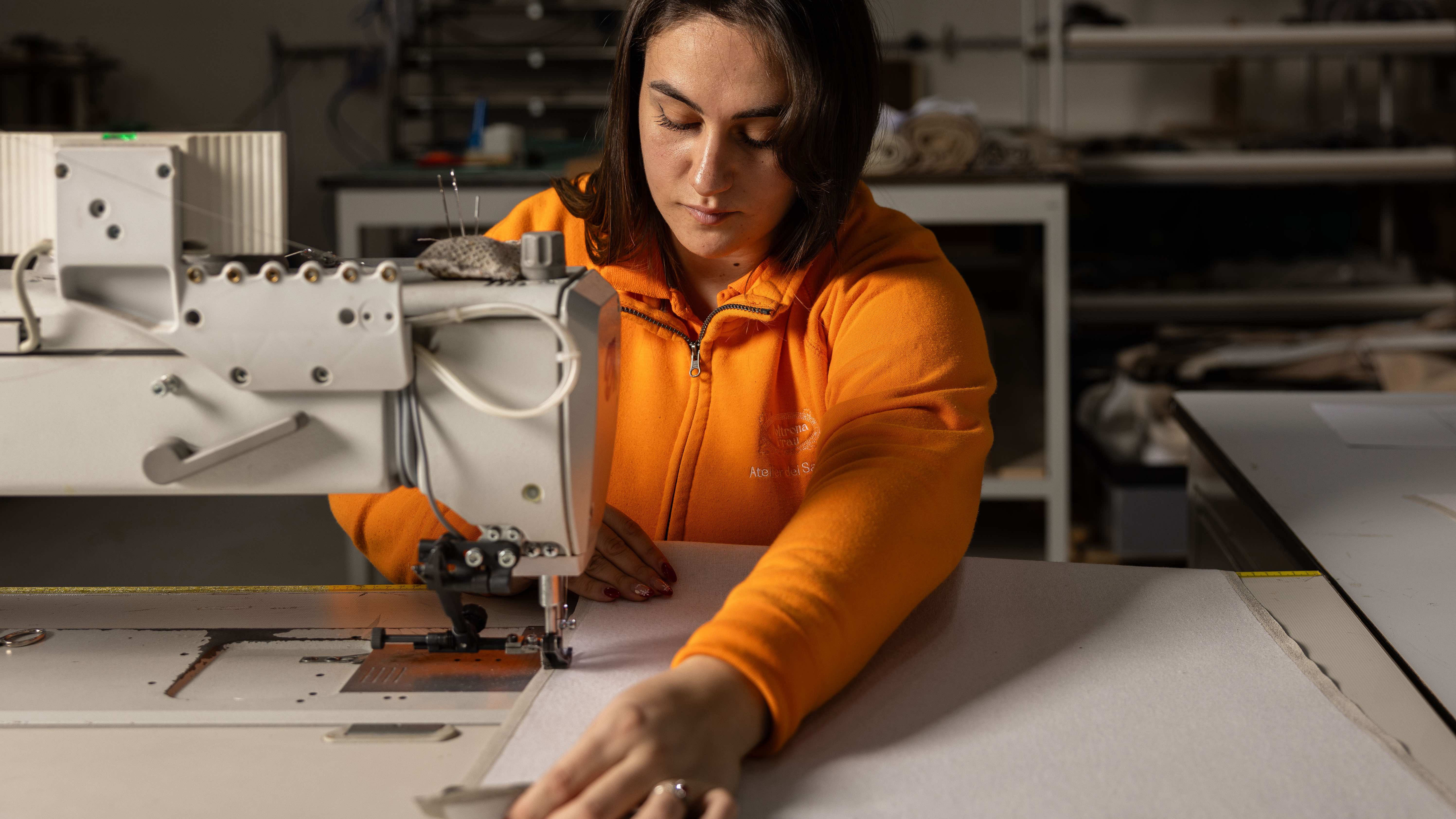 Through an innovative new training program, Poltrona Frau aims to safeguard Italian craft
Through an innovative new training program, Poltrona Frau aims to safeguard Italian craftThe heritage furniture manufacturer is training a new generation of leather artisans
By Cristina Kiran Piotti
-
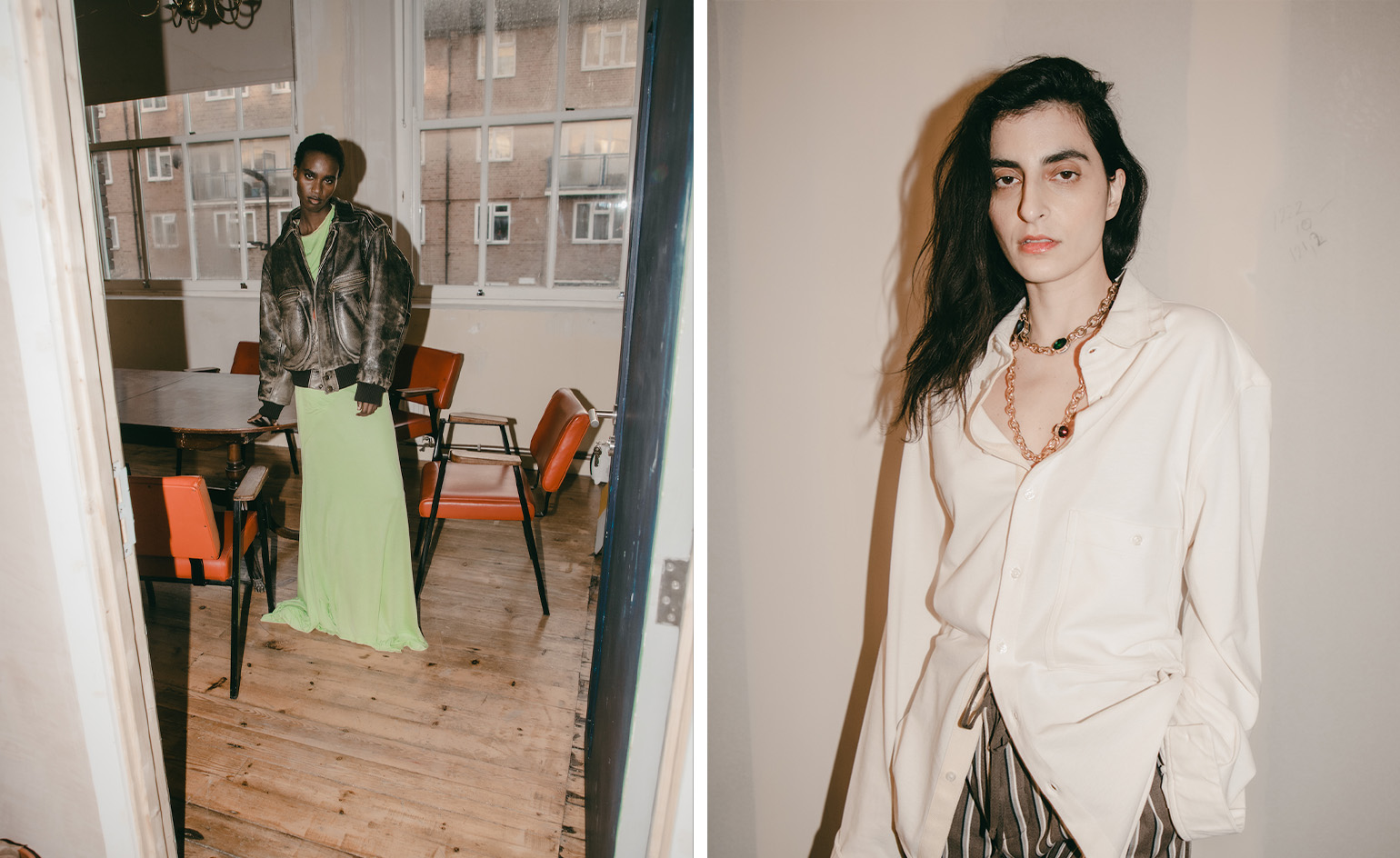 Cult 1960s boutique Granny Takes A Trip gets a sustainable reboot
Cult 1960s boutique Granny Takes A Trip gets a sustainable rebootFounded on King’s Road in 1966, ‘radically creative’ fashion store Granny Takes A Trip is being reimagined for a new generation. Dal Chodha takes a closer look
By Dal Chodha
-
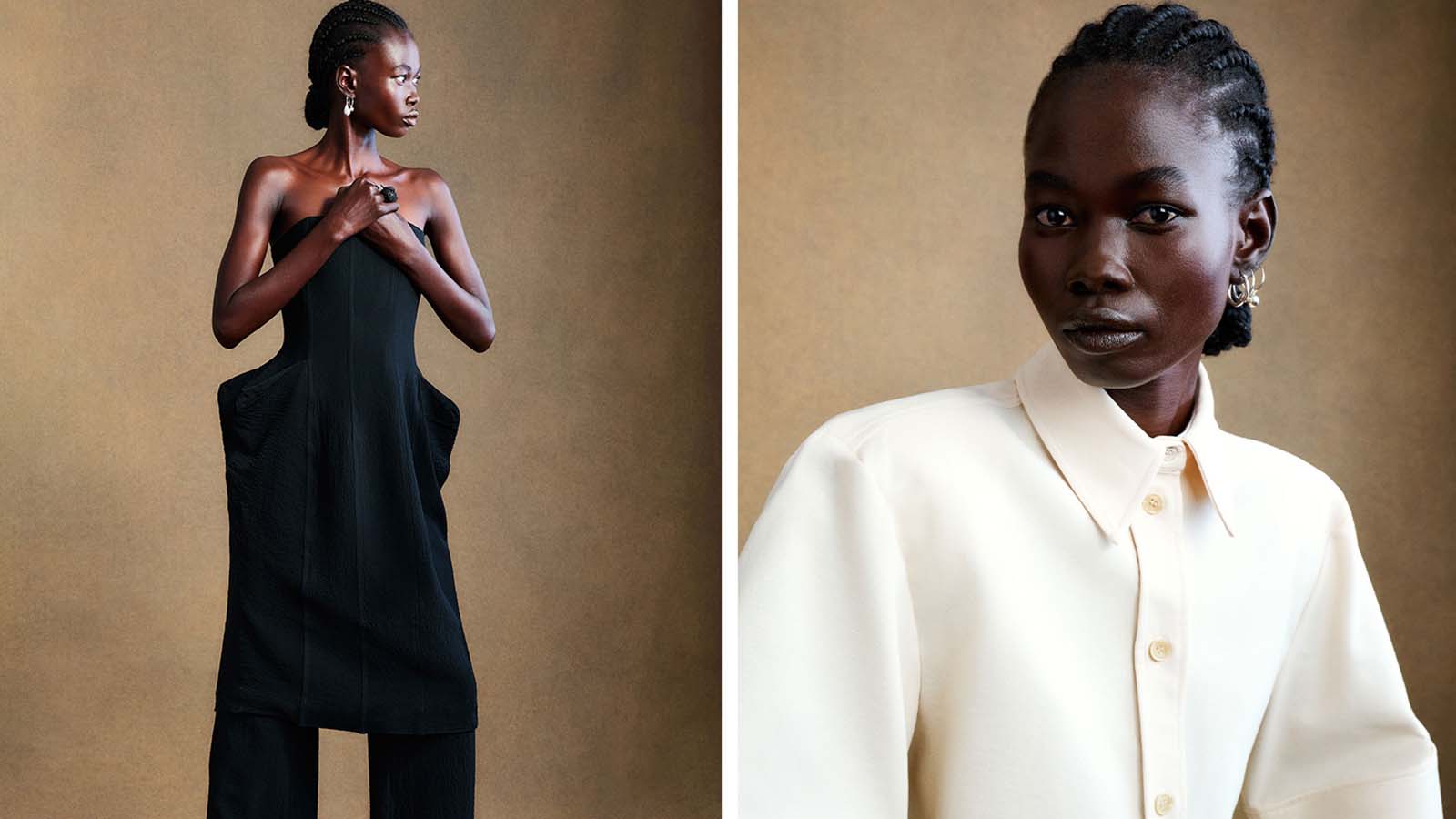 BITE Studios: ‘We want to have a brand which makes an impact’
BITE Studios: ‘We want to have a brand which makes an impact’BITE Studios is marrying sustainable textiles – from seaweed fabric to pea silk – with designs by a team including alumni of Proenza Schouler and Acne Studios
By Tilly Macalister-Smith
-
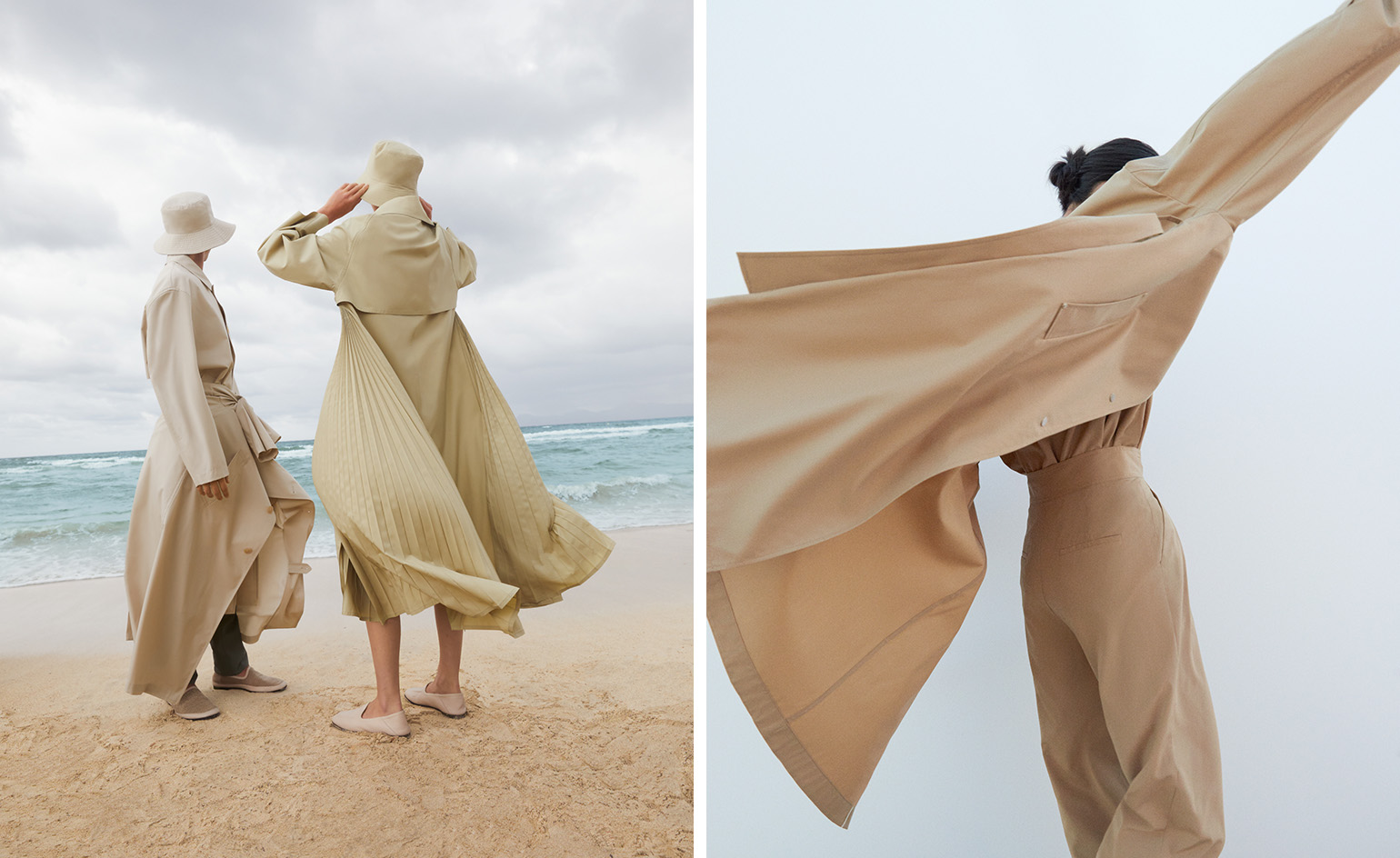 Icicle, the cross-continental label championing sustainability for 25 years
Icicle, the cross-continental label championing sustainability for 25 yearsOn the arrival of a new collection, ‘Hemp Up’, womenswear artistic director Bénédicte Laloux tells Wallpaper* the story behind minimally minded fashion label Icicle
By Jack Moss
-
 Louis Vuitton announces decade long project to rewild London's Chelsea
Louis Vuitton announces decade long project to rewild London's ChelseaCentral London’s first ‘Heritage Forest' on Pont Street in Chelsea, will be the result of a rewilding partnership between Louis Vuitton, Cadogan and SUGi
By Laura Hawkins
-
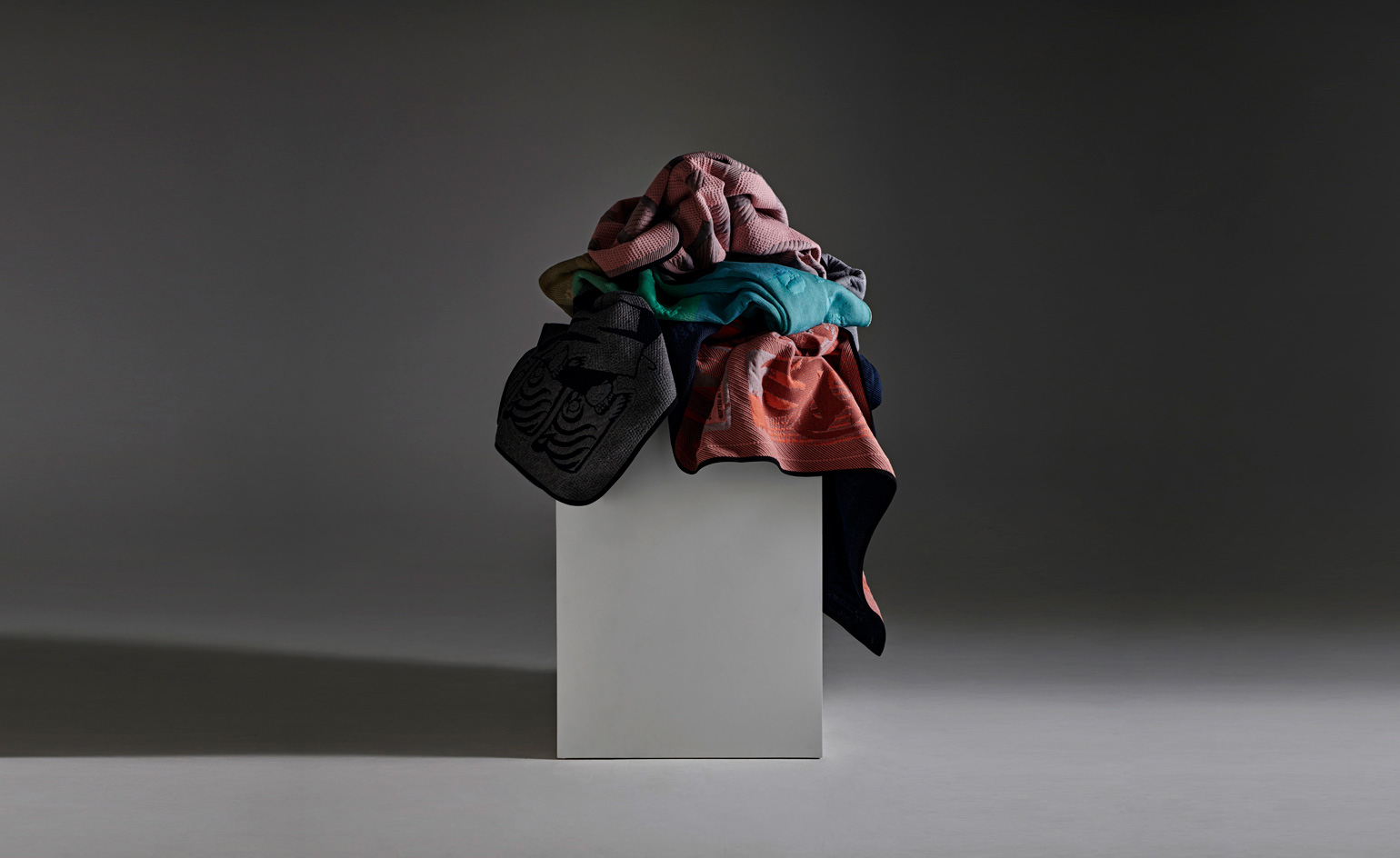 Textile innovator Byborre empowers creators to cut waste
Textile innovator Byborre empowers creators to cut waste‘We developed a new process that allows creators to innovate,’ says Borre Akkersdijk, co-founder of Dutch textile innovation studio and clothing label Byborre
By Yoko Choy
-
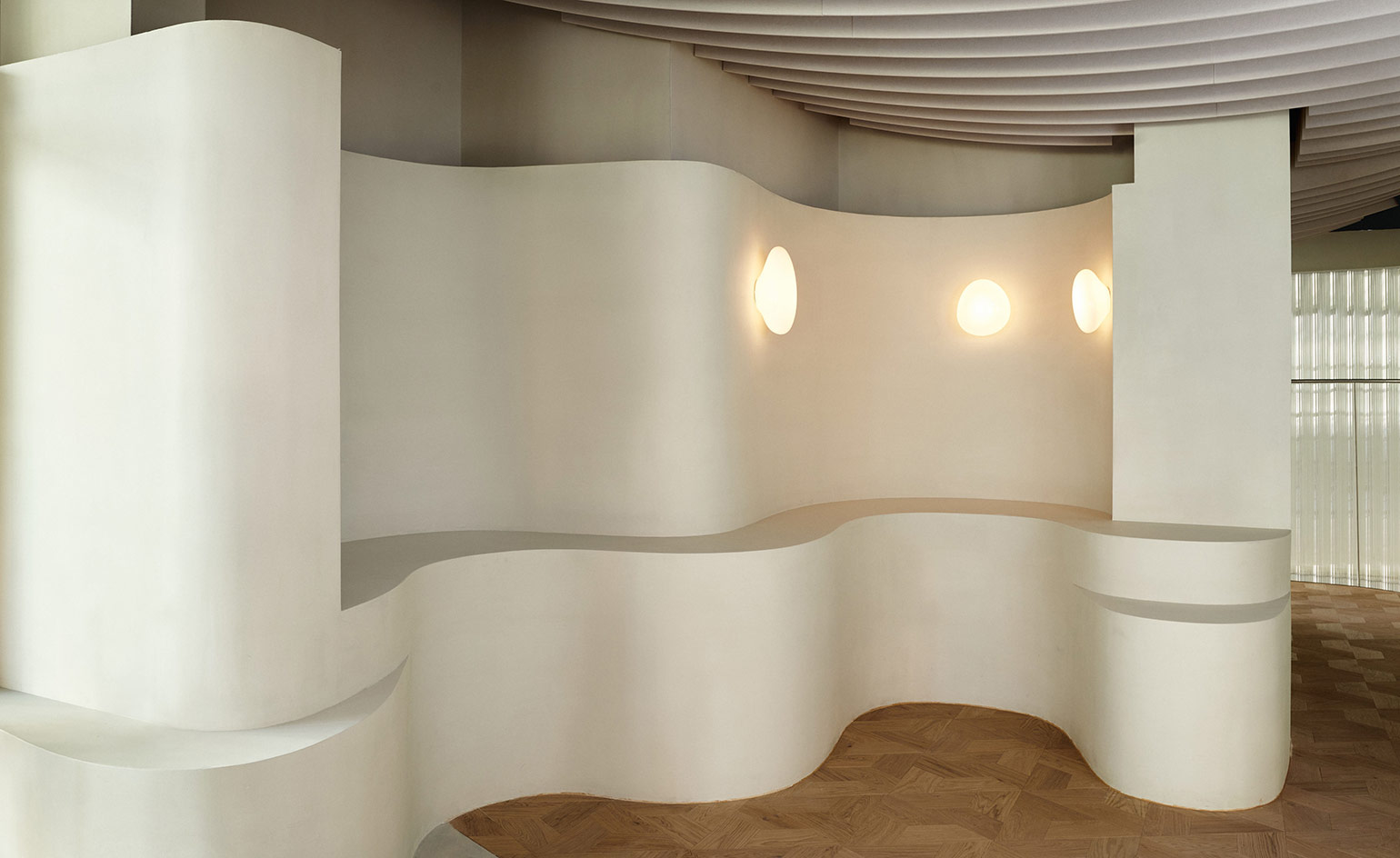 Water inspires Holzweiler’s Snøhetta-designed Oslo flagship
Water inspires Holzweiler’s Snøhetta-designed Oslo flagshipHolzweiler Platz, the new retail destination of fashion brand Holzweiler in Oslo, is designed by architects Snøhetta as a naturalistic space that unites fashion, art and food
By Laura Hawkins
-
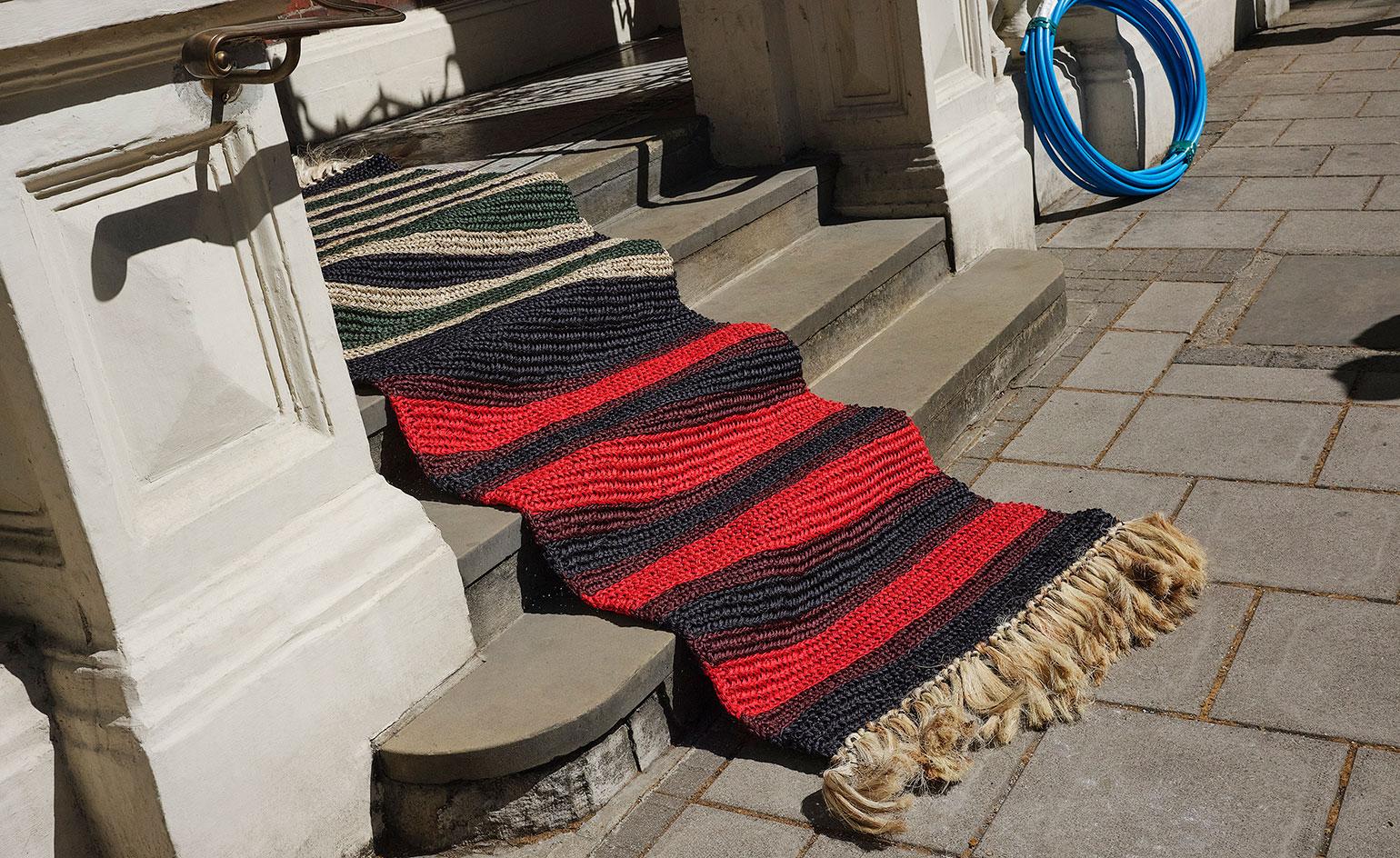 Marni Market arrives at Matchesfashion in Mayfair
Marni Market arrives at Matchesfashion in MayfairMatchesfashion is offering first access to its new Marni Market to Wallpaper* readers
By Laura Hawkins
-
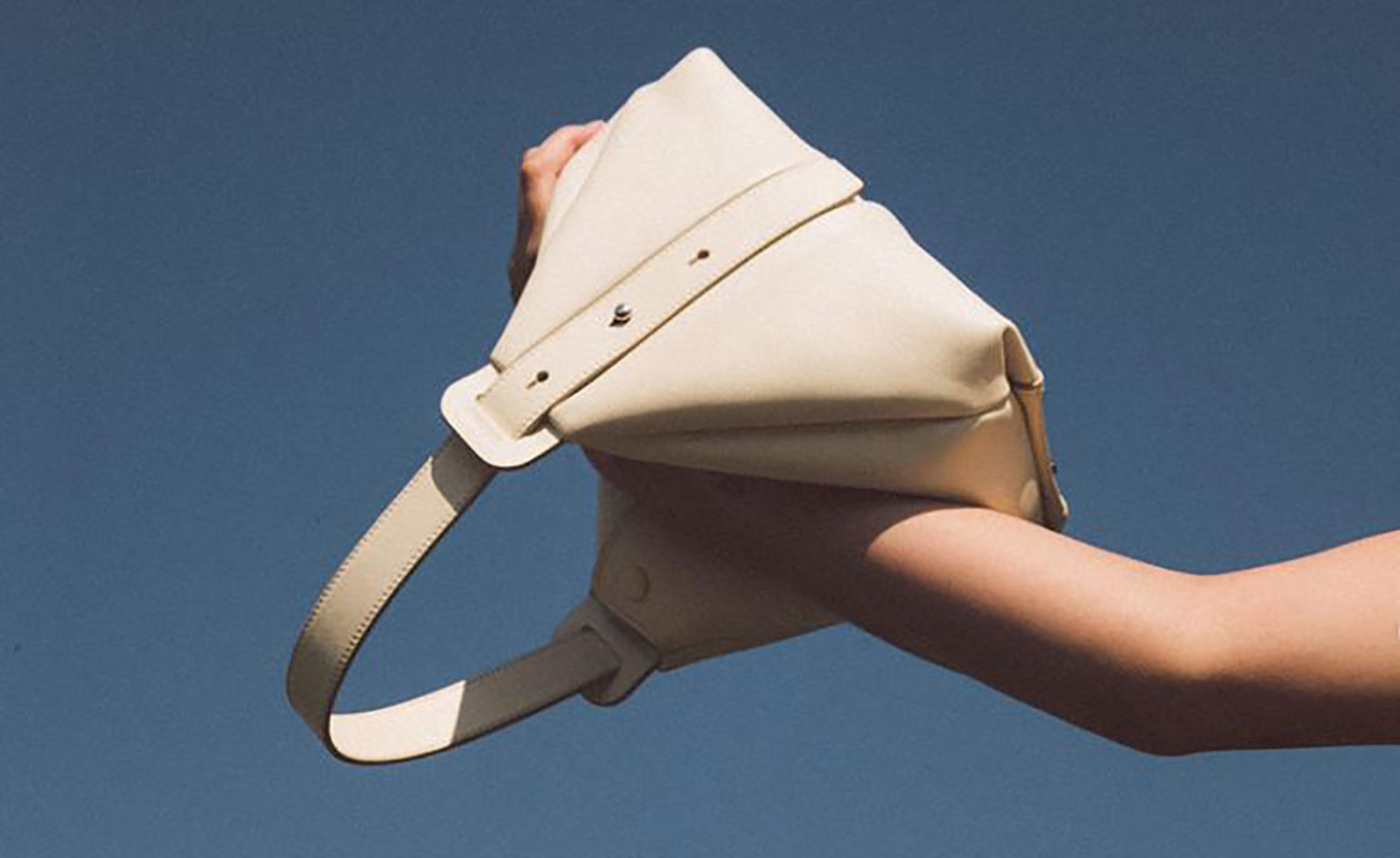 Advene’s debut bag is forever
Advene’s debut bag is forever‘We want our debut bag to stand the test of wear, weather, and time’
By Laura Hawkins